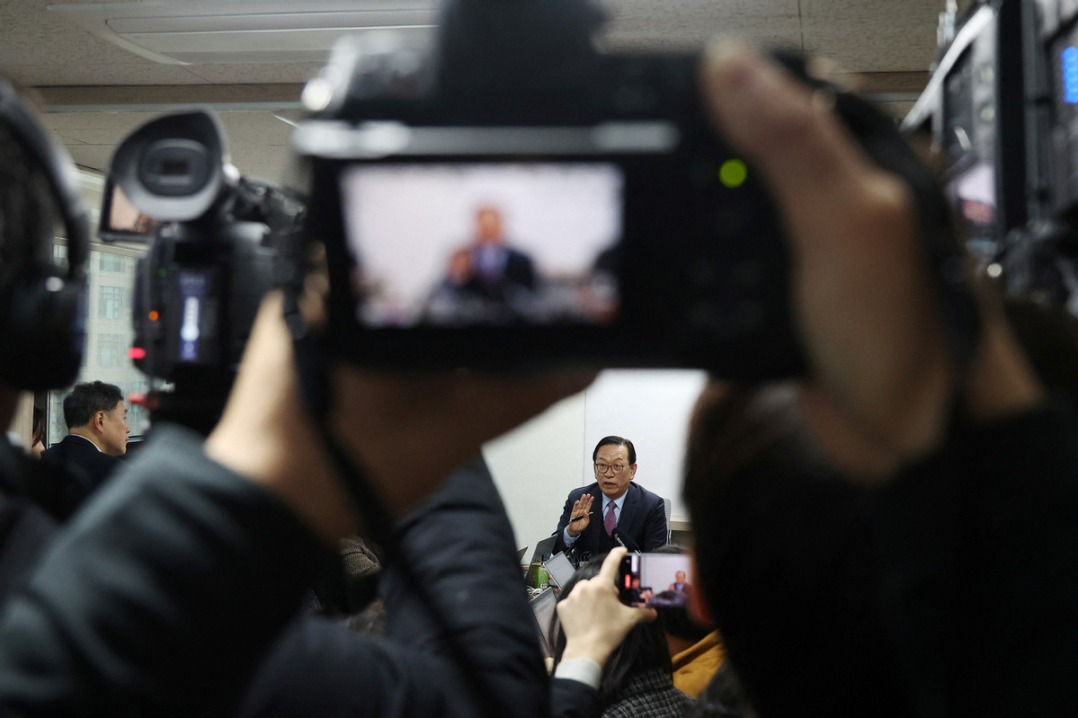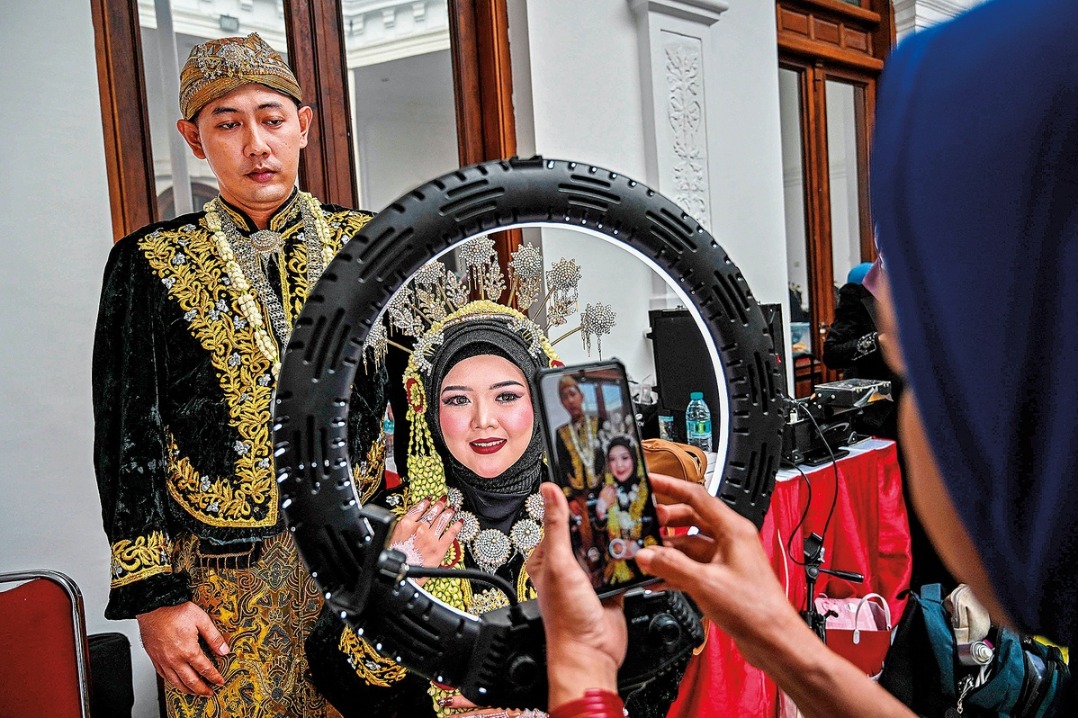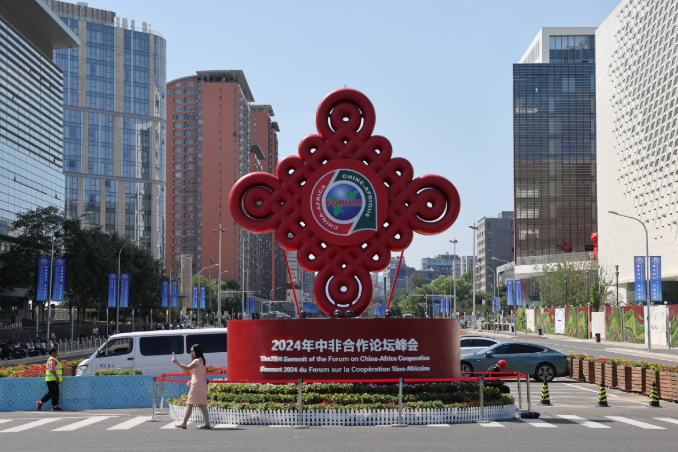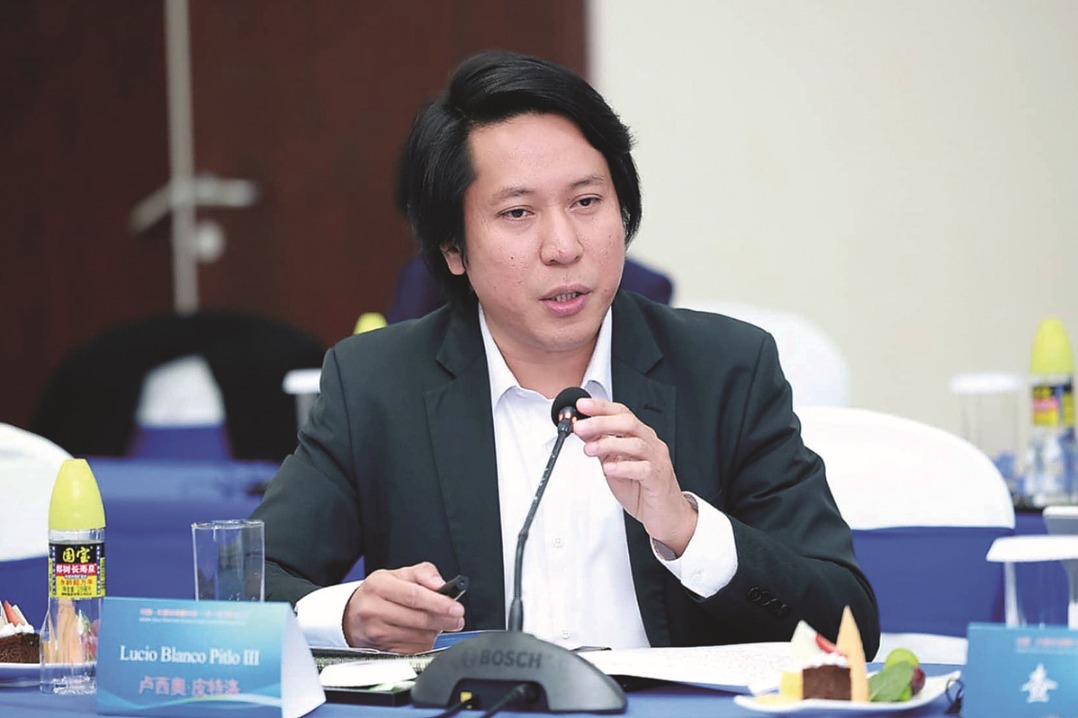Exchanges to boost Sino-US relations


People-to-people exchanges will promote better mutual understanding and enhance bilateral relations between China and the United States, and recent policies have shown good signs, said experts at a recent forum.
They made the remarks at the 2024 Imperial Springs International Forum held last week in Madrid, Spain, with the theme of collective actions for a shared future.
During a panel discussion on people-to-people exchanges for mutual understanding, Li Cheng, a prominent expert on China-US relations, noted that government-to-government and "even business-to-business" exchanges between China and the US have encountered some problems recently.
In this context, "people-to-people exchanges, such as programs for professionals and students, have become increasingly valuable and important," said Li, who served as director of the John L. Thornton China Center at the US think tank Brookings Institution from 2014 to 2023. Last year, Li founded the Centre on Contemporary China and the World at the University of Hong Kong.
Good signs
Last week, China and the US extended the agreement on cooperation in science and technology for an additional five-year period, and last month, the US State Department changed its travel advisory for China, lowering it from "reconsider travel" to "exercise increased caution". Li said they were all good signs.
Li also highlighted China's initiative, announced by Chinese President Xi Jinping during his visit to the US last year to invite 50,000 young people from the US to China for exchange and study in five years, is making good progress.
Xue Lan, dean of Schwarzman College at Tsinghua University, echoed Li on the great potential of student exchange in boosting mutual understanding between China and the US, and between China and the world.
Since 2016, Schwarzman College has admitted around 150 scholars every year from around the world with diverse backgrounds to study for a master's degree in global affairs, during which the students are given opportunities to travel around China and engage in exchanges with experts in various disciplines.
"I think this one-year experience is irreplaceable for the scholars, and no matter where they go after graduation, their understanding of China will enable them to promote better collaboration with China," Xue said.
Xue noted that despite the geopolitical tensions, the number of applications from the US to this program has been growing. "As the dean, I feel very pleased to see there are still many young Americans having such passion and curiosity about China, and I think exchanges and communications among young people are extremely crucial for the future China-US relations," he said.
Besides educational exchanges, experts also stressed the role tourism has played in promoting intercultural understanding between nations and praised China's unilateral visa-free policies.































